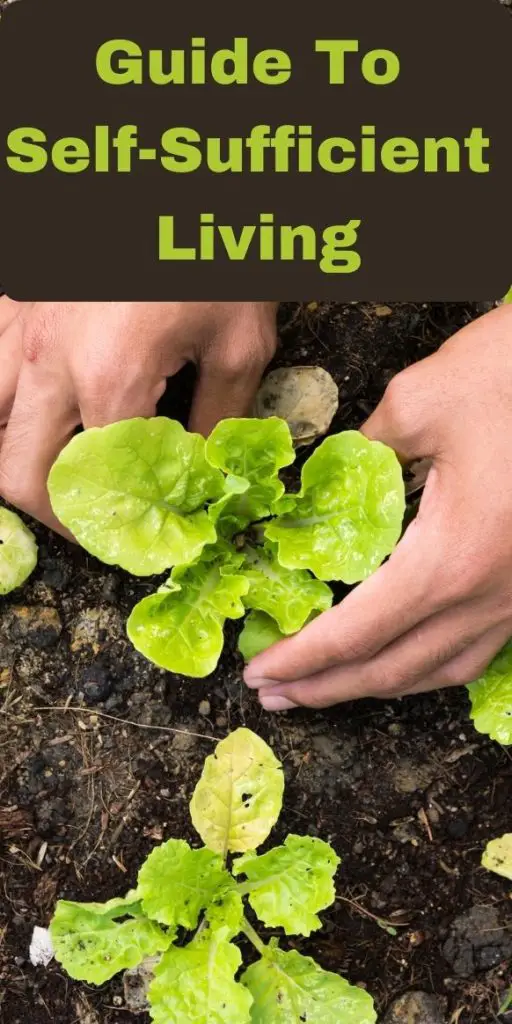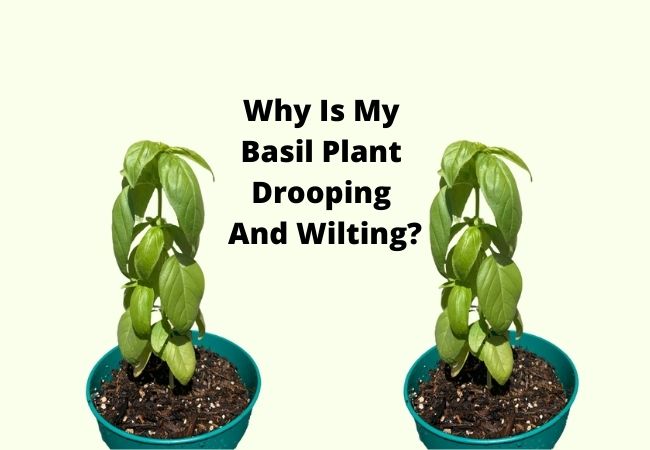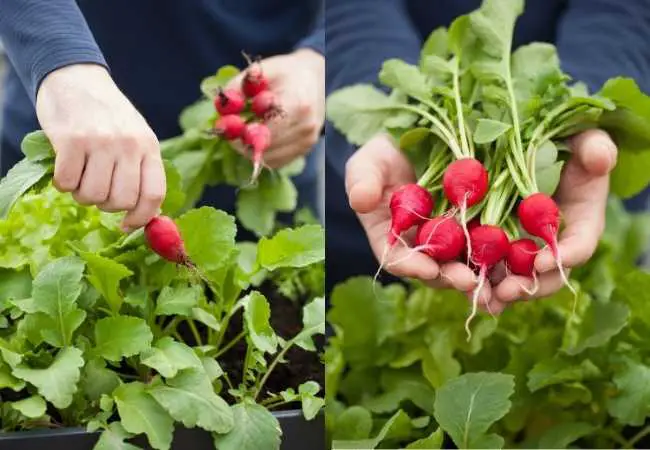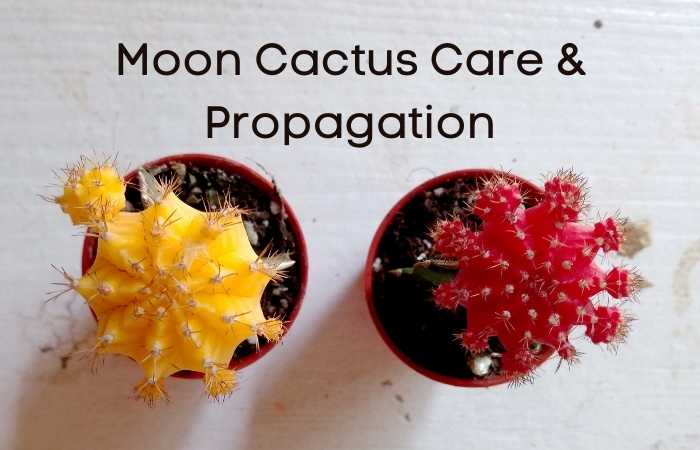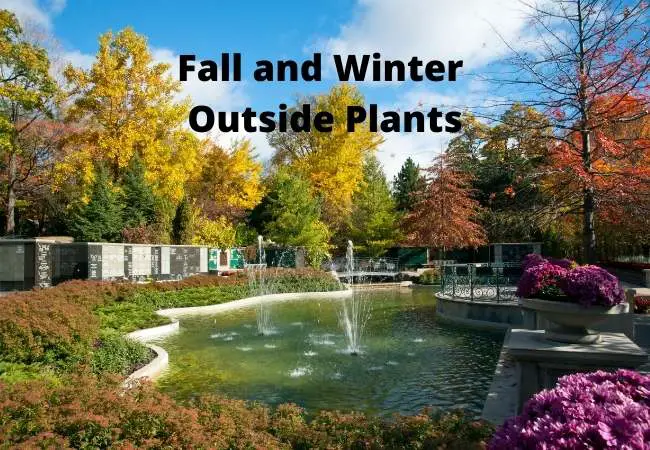Self-Sufficient Living Guide
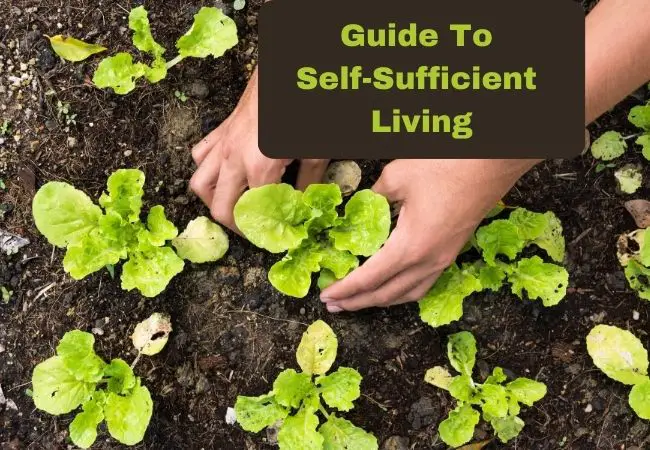
This self-sufficient living guide will help you identify all the areas in which you can start implementing change. Self-sufficient living refers to a lifestyle that focuses on reducing dependence on external resources.
Self-sufficient Living Guide
To become self-sufficient, you need to become self-reliant in key aspects of life, such as food, energy, water, waste management, and skills.
It involves creating a sustainable and holistic way of living that supports both the individual and the environment.
The Importance of Self-Sufficiency
In today’s rapidly changing world, self-sufficiency is becoming increasingly crucial. Climate change, resource depletion, and economic instability underscore the significance of being less reliant on external systems.
Self-sufficiency can enhance resilience and provide a sense of security during uncertain times.
In this post I will look into the various components of self-sufficient living, providing readers with actionable insights into food production, energy generation, water management, waste reduction, and skill development.
By understanding these aspects, individuals can take steps towards adopting a more sustainable and self-reliant lifestyle.
Understanding Self-Sufficient Living
Self-sufficiency is rooted in the principles of sustainability, resourcefulness, and independence.
It entails producing what you need and utilizing resources efficiently to minimize waste and environmental impact.
Key Components of Self-Sufficiency
Food Production
Self-sufficient living involves growing your food, whether it’s fruits, vegetables, or herbs. It promotes a healthier diet and reduces dependency on commercial food sources.
Most people perceive growing your food as the biggest part of self-sufficient living. It is also the aspect that most people are willing and interested in implementing first.
Energy Generation
Utilizing renewable energy sources such as solar, wind, or hydroelectric power to meet your energy needs is a key aspect of self-sufficiency.
It reduces reliance on non-renewable resources such as coal, natural gas, oil, and nuclear energy.
Water Management
Efficiently managing water through practices like rainwater harvesting and greywater recycling is fundamental to self-sufficiency.
It helps ensure the household has a sustainable water supply. This is becoming a great concern, especially in large cities where water shortages are becoming more and more common.
Waste Reduction and Recycling
Implementing waste reduction techniques and recycling materials effectively are essential components of self-sufficiency.
This can take many forms including investing in products made from reusable and recyclable materials contributing to a cleaner environment.
Skill Development and Knowledge Acquisition
Learning a variety of skills, from gardening to basic carpentry, is crucial for self-sufficiency.
It helps empower individuals to take care of their needs and reduce dependence on external expertise.
Food Production and Self-Sufficiency
- Overview of Home Gardening and Its Benefits
Home gardening is a cornerstone of self-sufficient living. It allows individuals to grow fresh, organic produce, reducing the need to purchase food from stores.
Gardening also promotes a deeper connection with nature and a healthier lifestyle.
- Techniques for Growing Fruits, Vegetables, and Herbs
Exploring various gardening techniques, such as container gardening, raised beds, and companion planting helps maximize yield and optimize space for growing a diverse range of fruits, vegetables, and herbs.
- Raising Livestock and Poultry for Sustenance
For those with the space and capacity, raising livestock and poultry can provide a sustainable source of meat, eggs, and dairy, contributing to a more comprehensive and self-reliant food production system.
- Preserving Food for Future Consumption
Learning food preservation methods like canning, dehydrating, and fermenting helps in storing surplus produce for extended periods, ensuring a continuous food supply throughout the year.
Energy Generation and Self-Sufficiency
- Solar Power
Understanding the basics of solar energy and how to harness it through solar panels is vital for energy independence.
- Wind Energy
Learning about wind turbines and wind energy generation methods enables individuals to tap into this renewable energy source efficiently.
- Hydroelectricity
For those with access to flowing water, harnessing hydroelectric power can be a viable option for generating electricity.
How to Set Up a Renewable Energy System at Home
Exploring step-by-step guidelines and considerations for setting up a renewable energy system tailored to individual needs and geographical location.
Energy Conservation Tips for a Self-Sufficient Lifestyle
Implementing energy-saving practices and making conscious decisions to reduce energy consumption in daily activities is key to self-sufficiency and environmental sustainability.
Water Management and Self-Sufficiency
- Importance of Efficient Water Usage
Understanding the significance of water conservation and responsible usage in achieving self-sufficiency and preserving this essential resource for future generations.
- Rainwater Harvesting and Purification Methods
Learning how to collect and purify rainwater to meet household water needs, reducing dependency on municipal water supplies.
- Greywater Recycling and Its Benefits
Exploring the safe and efficient use of greywater (wastewater from showers, sinks, etc.) for irrigation and other non-potable purposes, contributing to water efficiency.
Water Storage and Distribution in a Self-Sufficient Setup
Designing effective water storage systems and optimizing distribution methods to ensure a steady and reliable water supply within a self-sufficient household.
Waste Reduction and Recycling in Self-Sufficient Living
- Strategies for Minimizing Waste Production
Adopting a zero-waste mindset and implementing strategies to reduce waste generation, such as mindful shopping and composting organic waste.
- Composting and Its Role in Self-Sufficient Waste Management
Understanding the process of composting and its benefits in turning organic waste into nutrient-rich soil for gardening and farming.
- Creative Ways to Recycle and Repurpose Items
Discovering innovative methods to repurpose items and recycle materials to extend their lifespan and minimize overall waste.
- Proper Disposal and Managing Non-Recyclable Waste
Exploring responsible disposal options for non-recyclable waste, ensuring it has minimal impact on the environment.
Skill Development and Knowledge Acquisition for Self-Sufficiency
- Gardening and Agriculture
This involves acquiring knowledge and skills in growing crops and managing a garden or farm sustainably.
- Basic Carpentry and DIY Repairs
Learning basic carpentry and repair skills to maintain and build structures and furniture independently.
- Cooking and Food Preservation
This involves enhancing culinary skills and learning food preservation techniques for optimal food management.
- First Aid and Healthcare
Gaining proficiency in providing first aid and basic healthcare to ensure the well-being of oneself and family members.
Learning Resources and Educational Platforms
Identifying sources of information, online courses, workshops, and communities that provide guidance and opportunities for skill development and knowledge enrichment.
- Encouraging a Culture of Continuous Learning and Sharing
Fostering a mindset of continuous learning and knowledge sharing within communities to promote self-sufficiency and sustainable living.
Challenges and Solutions in Self-Sufficient Living
- Overcoming Common Obstacles
Addressing common challenges encountered on the path to self-sufficiency and providing practical solutions to overcome them.
- Community Engagement and Collaboration
Highlighting the importance of community involvement and collaboration in sharing knowledge, resources, and experiences to create a more self-sufficient society.
- Seeking Professional Advice and Support When Needed
Acknowledging the value of seeking expert advice and assistance in areas where specialized knowledge and skills are required to achieve self-sufficiency. For example, if you live in an area that allows rainwater harvesting you can seek advice on the best ways to do so within your budget.
Final Thoughts
If you are thinking about embracing self-sufficient living remember to focus on the core principles of sustainability, resourcefulness, and independence.
It is also important to remember that the process takes years and be patient with yourself. As long as you are making improvements then you are making some progress.
I hope this post on the self-sufficient living guide was helpful and has given you ideas on where to begin. Follow me on Multigardening Pinterest for more awesome posts.
